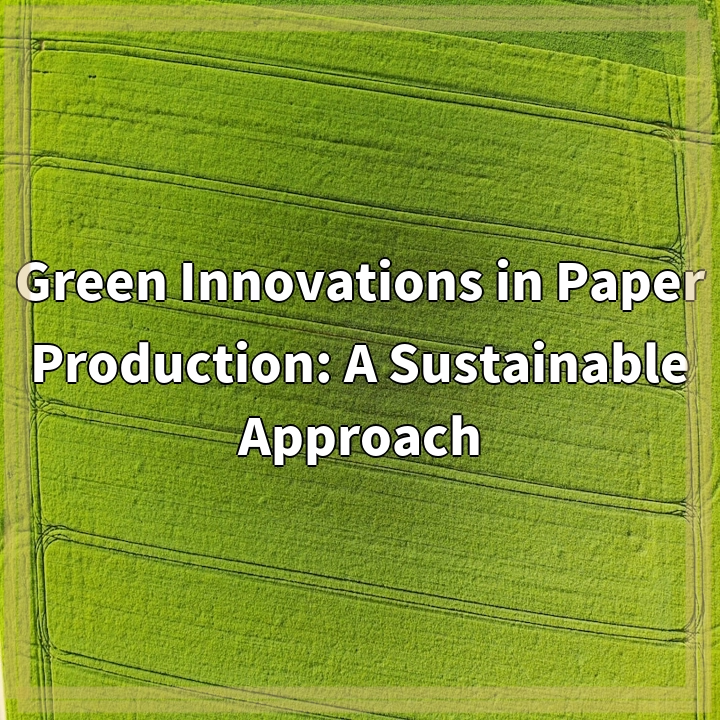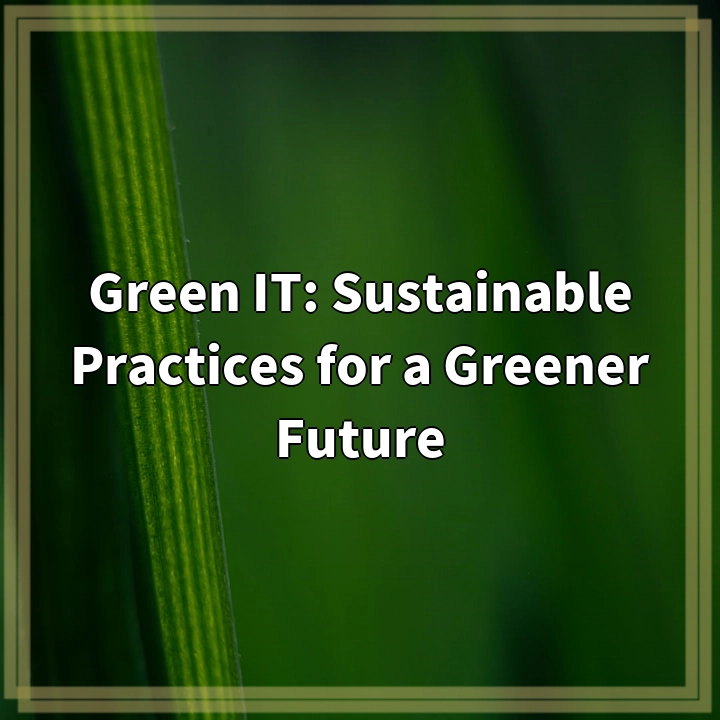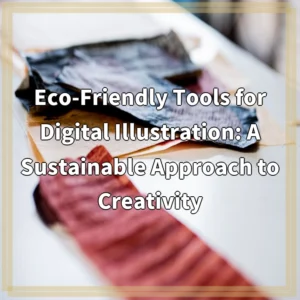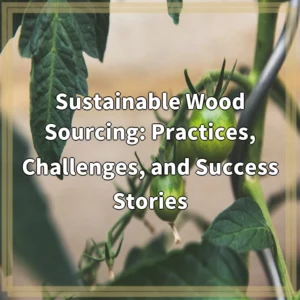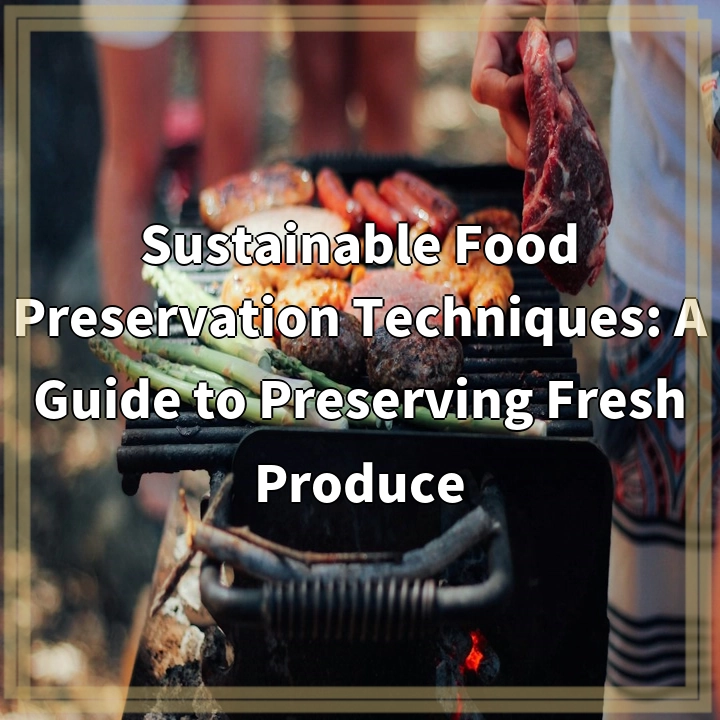
What it is:
Food preservation is an age-old practice that involves increasing the lifespan of fresh produce to prevent spoilage and reduce food waste. Sustainable food preservation techniques, in particular, prioritize eco-friendly methods that minimize energy consumption, greenhouse gas emissions, and chemical use.
Real-World Problems:
1. Food Waste:
Food waste is a significant global problem, and a substantial amount of it is due to the perishability of fresh produce. According to the Food and Agriculture Organization (FAO), around one-third of the total food produced for human consumption is either lost or wasted. By implementing sustainable food preservation techniques, we can reduce the amount of food that ends up in landfills.
2. Energy Consumption:
Traditional food preservation methods such as canning or freezing often require a significant amount of energy. This energy consumption contributes to greenhouse gas emissions and exacerbates climate change. Finding sustainable alternatives that have lower energy requirements is crucial for reducing the environmental impact of food preservation.
3. Chemical Use:
Some conventional food preservation techniques rely on the use of chemicals to extend the shelf life of fresh produce. These chemicals can be harmful to human health and the environment when not properly managed. Sustainable food preservation methods prioritize natural alternatives or organic processes to avoid the use of harmful chemicals or preservatives.
4. Access to Fresh Produce:
During certain seasons or in remote areas, accessing fresh produce can be a challenge. Without proper preservation techniques, these regions may struggle to have a consistent supply of nutritious fruits and vegetables. By utilizing sustainable food preservation techniques, communities can extend the availability of fresh produce and improve food security.
5. Lack of Awareness and Knowledge:
Many people are unaware of the options available when it comes to sustainable food preservation techniques. There is a need for greater education and awareness about these practices to empower individuals and communities to make environmentally conscious choices. Sharing information and resources can help promote widespread adoption of sustainable food preservation methods.
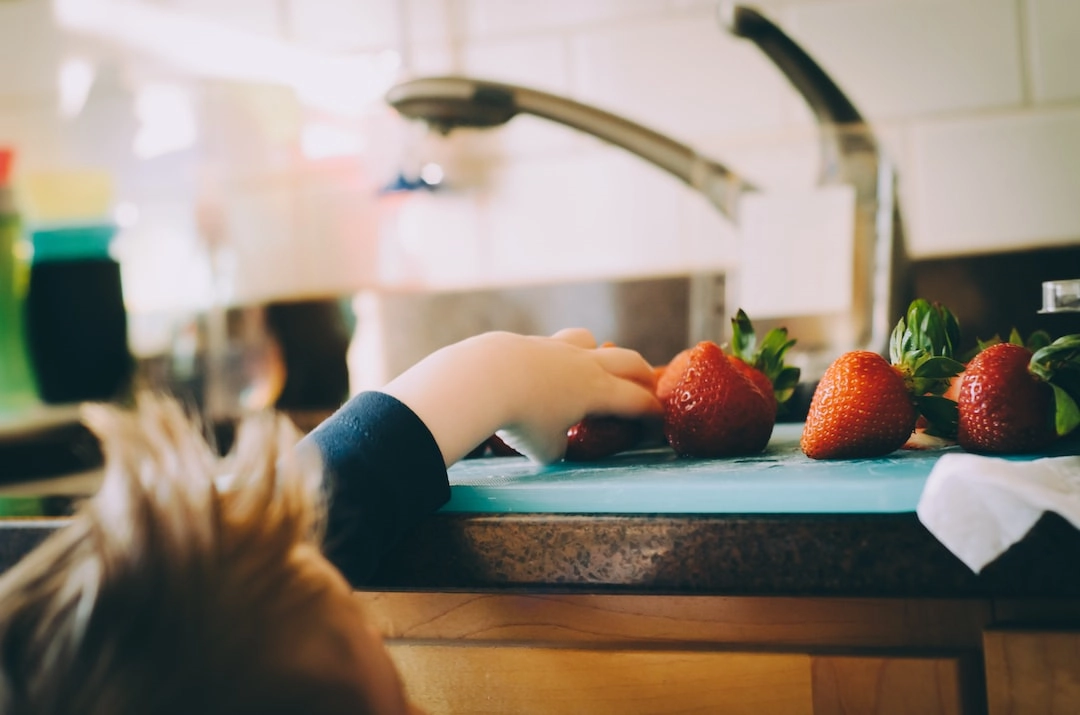
Solutions for Sustainable Food Preservation:
1. Reduce Food Waste:
Implementing sustainable food preservation techniques such as canning, fermenting, or dehydration can help reduce food waste by extending the shelf life of fresh produce. By preserving surplus fruits and vegetables, we can prevent them from ending up in landfills and contribute to a more sustainable food system.
2. Optimize Energy Consumption:
To minimize energy consumption associated with food preservation, opt for energy-efficient methods like vacuum sealing or using solar-powered drying techniques. Additionally, using appliances with high energy efficiency ratings and choosing preservation methods that require less energy overall can help reduce the carbon footprint of preserving food.
3. Embrace Natural Preservation Techniques:
Avoid chemical additives and preservatives by embracing natural methods of food preservation. This can include using salt, vinegar, or fermentation processes to preserve produce. These alternatives are not only safer for human consumption but also eliminate the risks associated with chemical use and disposal.
4. Promote Local and Seasonal Eating:
Supporting local farmers and eating seasonal produce can reduce the need for extensive food preservation. Consuming fresh, local, and seasonal fruits and vegetables reduces the distance food travels, thereby reducing the energy required for transportation and the need for long-term preservation methods.
5. Increase Awareness and Education:
By spreading knowledge about sustainable food preservation techniques, individuals and communities can make more informed choices. Sharing information through blogs, workshops, and community events can empower people to adopt sustainable methods, reduce food waste, and promote a more environmentally friendly approach.



